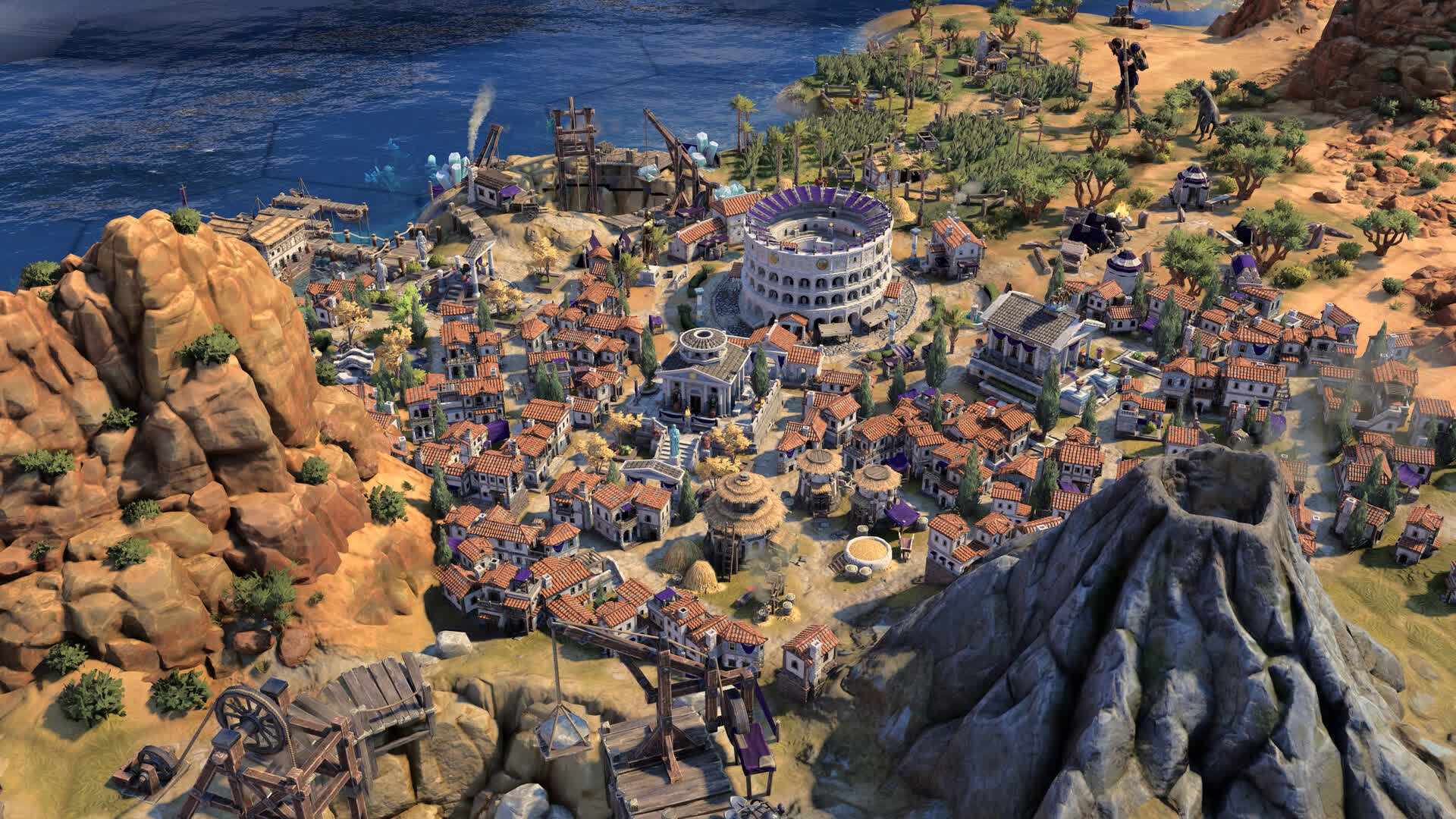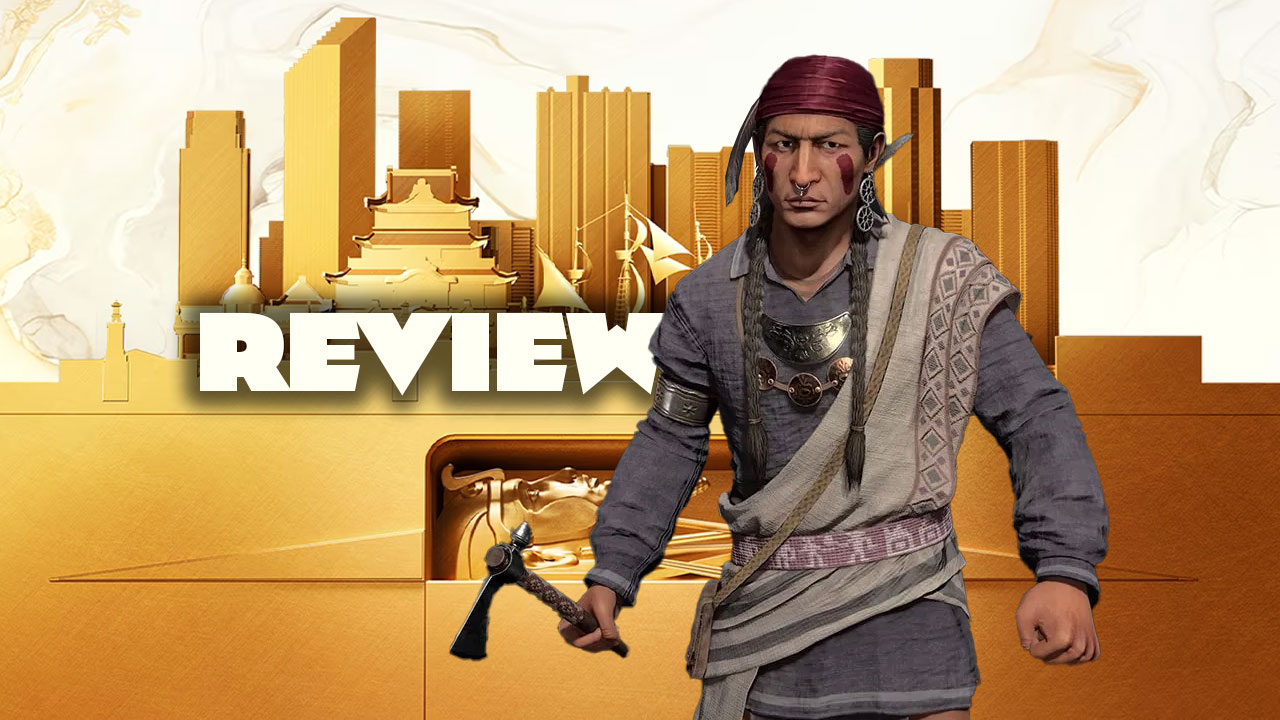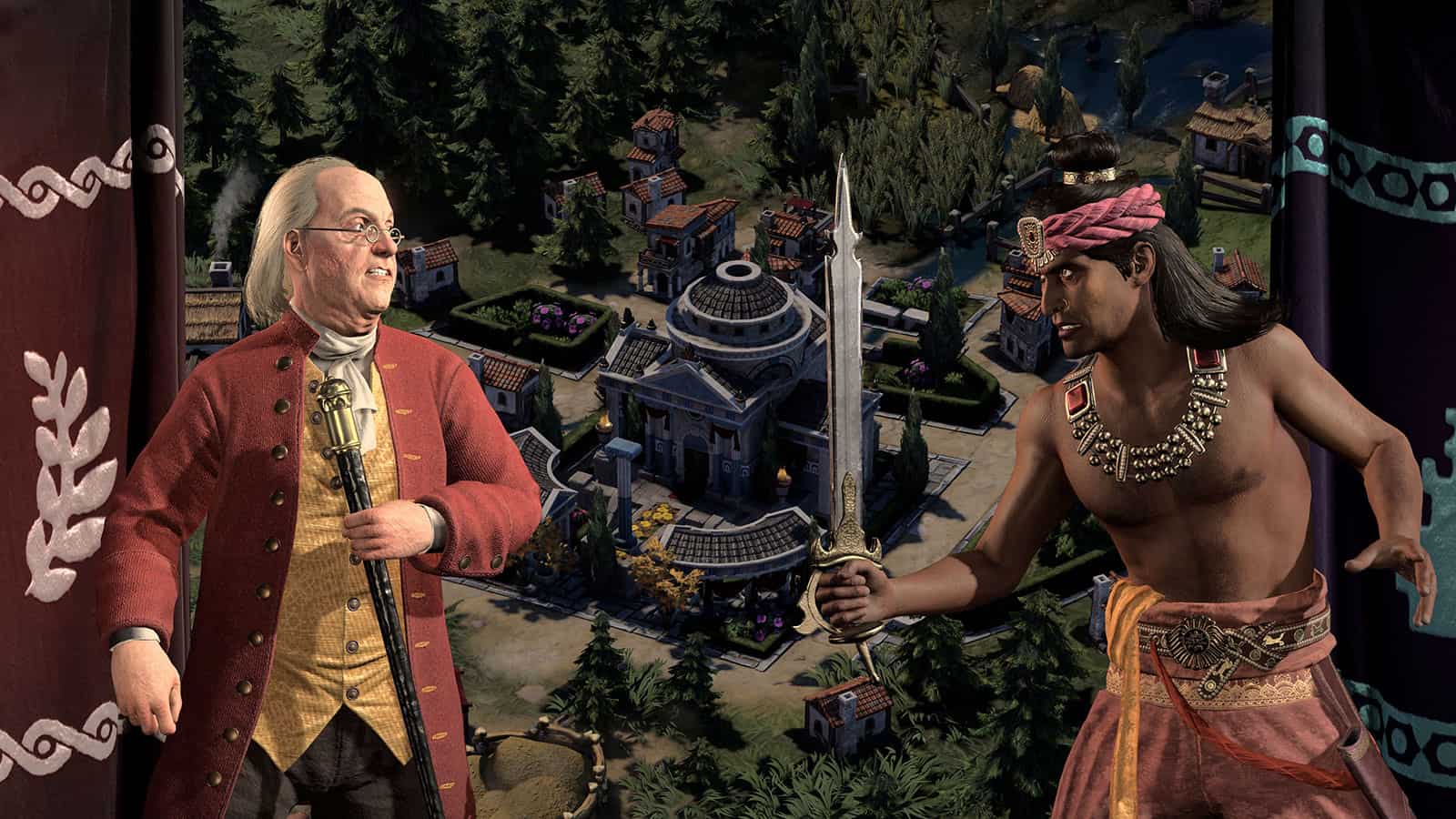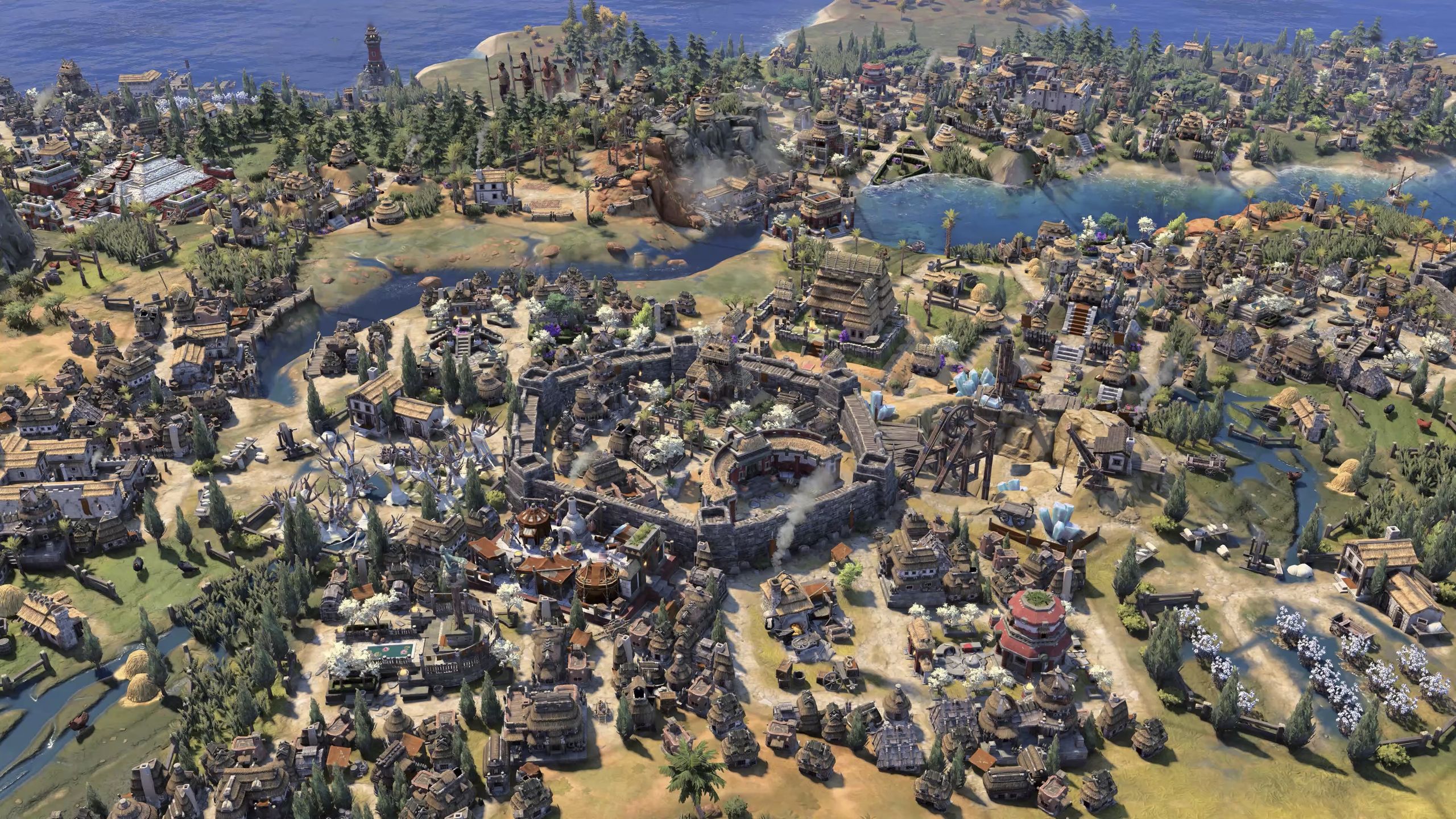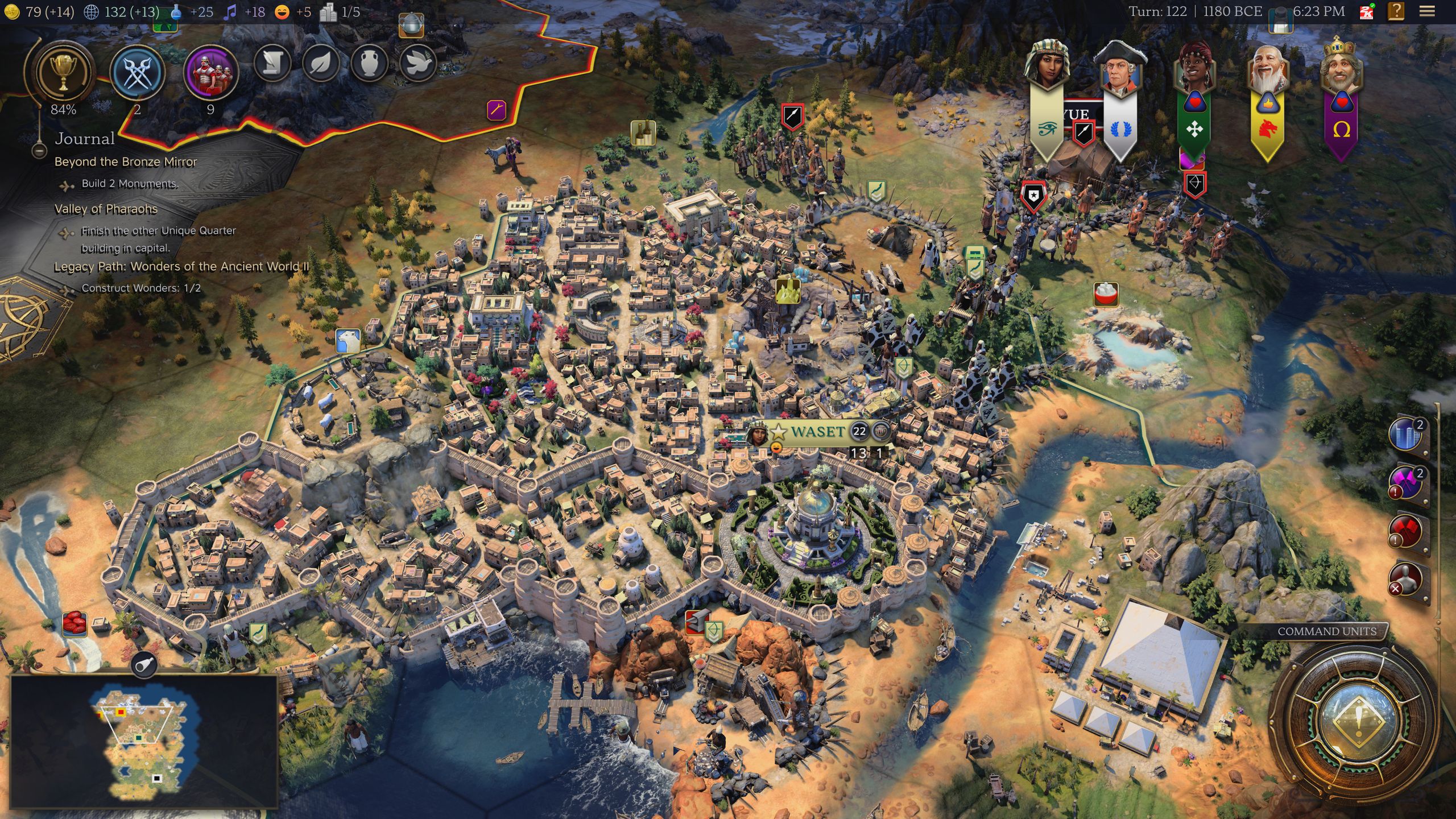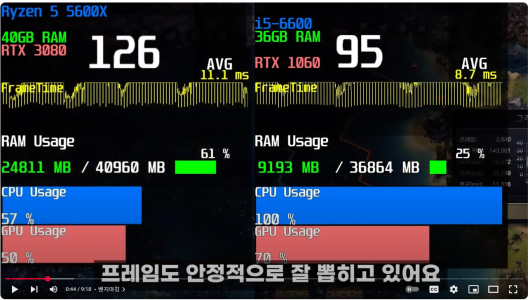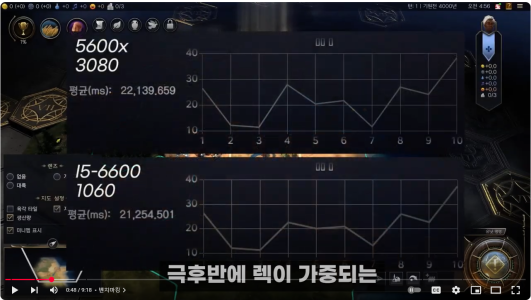The fiendishly addictive sim returns with compelling fresh challenges across the ages. Prepare to say goodbye to a lot of free time

www.theguardian.com
Civilization VII review – your empire strikes back in glorious new detail
PC, PS4/5, Switch, Xbox; 2K Games/Fireaxis
The fiendishly addictive sim returns with compelling fresh challenges across the ages. Prepare to say goodbye to a lot of free time
Keith Stuart
Mon 3 Feb 2025 14.00 GMT
Many years ago, when Civilization II was on its way, I’d just started as a writer on the video game magazine Edge. As a fan of the original Civilization, a complex turn-based strategy sim about building vast kingdoms through thousands of years of human history, I was keen to review the sequel and my editor let me. Reader, I became completely addicted. I played the game for two weeks non-stop, leaving many pages of the magazine unwritten. This earned me a very severe written warning. In short, Sid Meier’s series almost ended my career in games writing – which is perhaps why I didn’t review the following four instalments. Now it is back, and I can no longer avoid it. I must face my seductive nemesis.
In many ways, this is the game that I, and many thousands of other fans, have always known and obsessively loved: a complex, far-reaching and fascinating simulation tracking the rise of empires from ancient tribal groups to modern-day superpowers. As a player, you found towns and cities, gather resources and research new technologies, from literacy to nuclear fission, while sending out settlers, merchants and armies to expand your reach and either placate or destroy other nations. Victory can come from military might, cultural cachet or economic domination, depending on how you play and what you’re interested in. No two campaigns are ever the same.
Extra nuance …
For this new instalment, coming almost a decade after its predecessor, Firaxis has made some radical alterations. The biggest by far is that you no longer guide a single civilisation throughout the entire campaign. Instead, you select a leader with attributes you admire – the sneaky Machiavelli, perhaps, or how about the wise Confucius – then guide that figure through a series of three distinct historical ages picking a different nation for each section. Each nation has its own unique units and buildings, adding extra nuance to your game. In my first playthrough I started the Antiquity Age with Greece because I really fancied building the Acropolis. Then I flipped to the flighty Normans for the Exploration Age, then finished as the US for the Modern Age. You don’t lose
everything in this switching process – all your discoveries and progress points from the previous age remain, and you can opt to keep all your towns. You’re also able to select specific legacies of your past to bring forward.
This gives the game a very definite structure, combatting the malaise that can often occur hours into a Civ campaign when you realise you don’t stand a chance against some brutally powerful neighbour who’s somehow developed an army five times the size of yours. If you’re struggling during one age, you just need to hold out until the next one arrives, giving you the chance to reset your objectives and relationships with nearby nations. It also ensures a technological makeover for all your units, so you can’t enter the modern era with a civilisation that can build nuclear power stations but still fights with spears and gets about the place on horseback. In a sense, it’s like your leader is on a journey through successive domains – which makes it feel more like an adventure than a straightforward sim.
More approachable …
There are other changes to make the game more approachable for modern players. Leaders attain attribute points based on achievements in six categories such as culture, science and combat, which can be spent on related skill trees – just like a role-playing game. There are also legacy targets that act as quests, such as building a certain number of Wonders of the World or making key scientific discoveries, moving you towards an outright victory.
Beneath all this, lots of systems have been tweaked and re-thought. Maintaining diplomatic relations with other nations is a multifaceted dance involving the use of a new currency – influence – to organise shared cultural events and economic pacts, or when things go badly, many different types of subterfuge and sabotage. Throughout the years, narrative events crop up like Chance cards in a game of Monopoly, providing moments of humorous challenge. How do you react when a famous poet writes a highly critical epic about you? What do you do when a mysterious stranger demands that you copy and pass on a dusty old scroll to at least three other civilisations or face a terrible curse?
Does it still resemble a sort of digitised board game? No. The landscapes may be divided into hexagonal tiles in the traditions of table-top wargaming, but they are now crammed with colour and authentic detail, from craggy mountains to swirling seas, to lively cities crowded with ornate buildings reflecting both the time period and the civilisation they belong to. Battles play out as animated tussles between intricate miniaturised troops and thundering armoured vehicles. Occasional natural disasters send floods, tornadoes and fires across the map with devastating drama.
One of the key concerns in the run-up to release was the quality of the opponent AI, but to me, it seems like business as usual. You get the nations that hide in a corner and quietly invent space travel before you’ve got a reliable train service, and then there are the warmongers – and I’m looking at you Gilbert du Motier – who start little fights to probe your defences then turn vicious and unrelenting, surrounding your cities and crushing isolated units. Alternatively, there’s always the cross-platform multiplayer mode if you want to pit yourself against human competitors; I wasn’t able to test this on public servers before release, but it has performed well in previews.
So here we are, more than 30 years after the original game, still hungry to rule the world – and devouring every morsel of maniacal power. Some veterans may balk at the structural changes: Civilization VII is very much the Civilization for now – deep and complex, but with an emphasis on human drama and achievement rather than the sweep of faceless units across a mathematical matrix. There are still few moments in video games as pleasing as building the Hanging Gardens, or discovering a bountiful new location for a town, or marching a phalanx of troops into a battered enemy capital. This game, which once almost cost me my job, will gracefully sneak away with hours, days and possibly months of your life. But then, nobody ever conquered the world in an afternoon.
Civilization VII is launched on PC (version tested), PS4/5, Switch, Xbox One and Xbox Series S/X, 11 February

www.theguardian.com



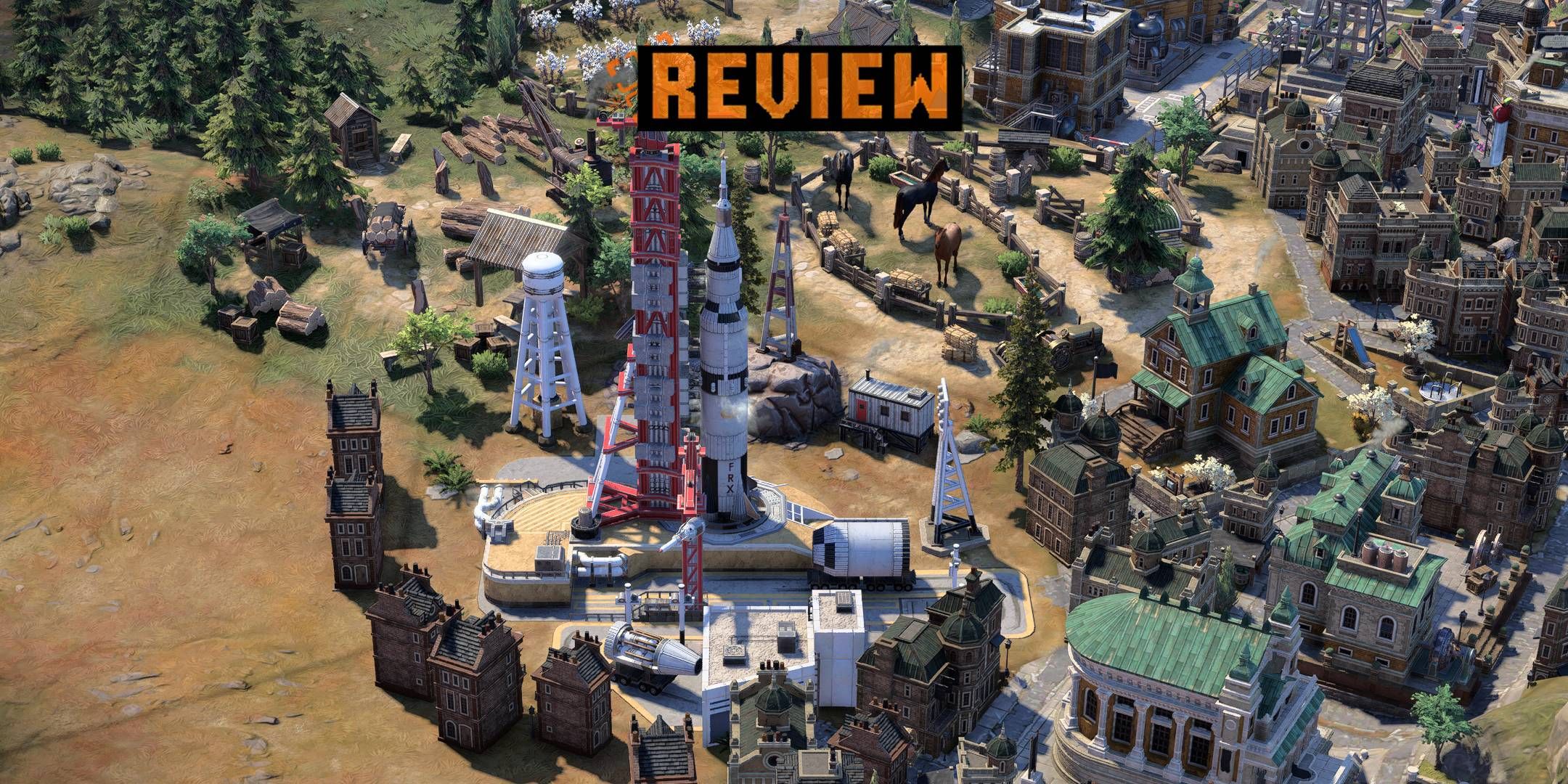
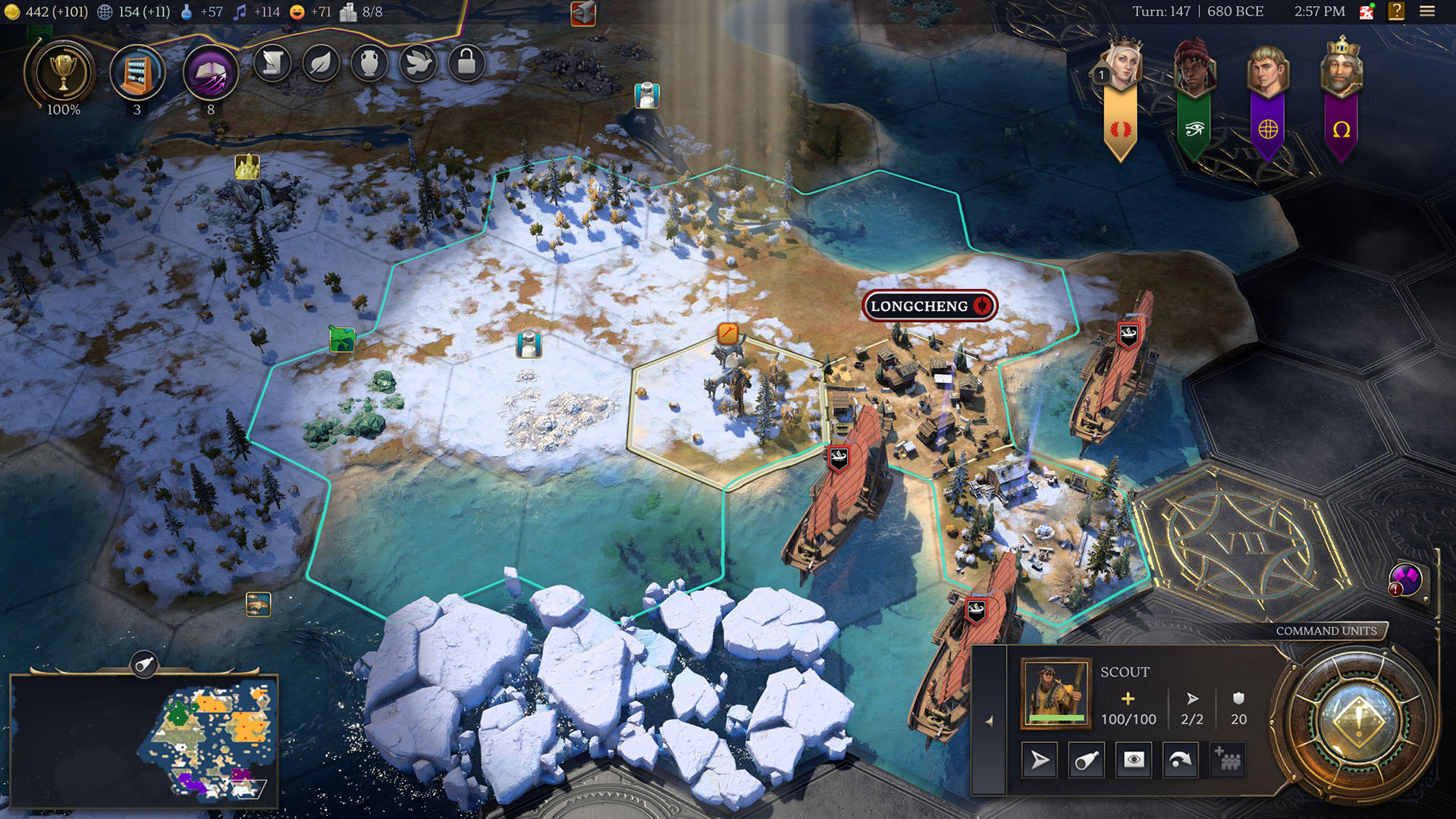


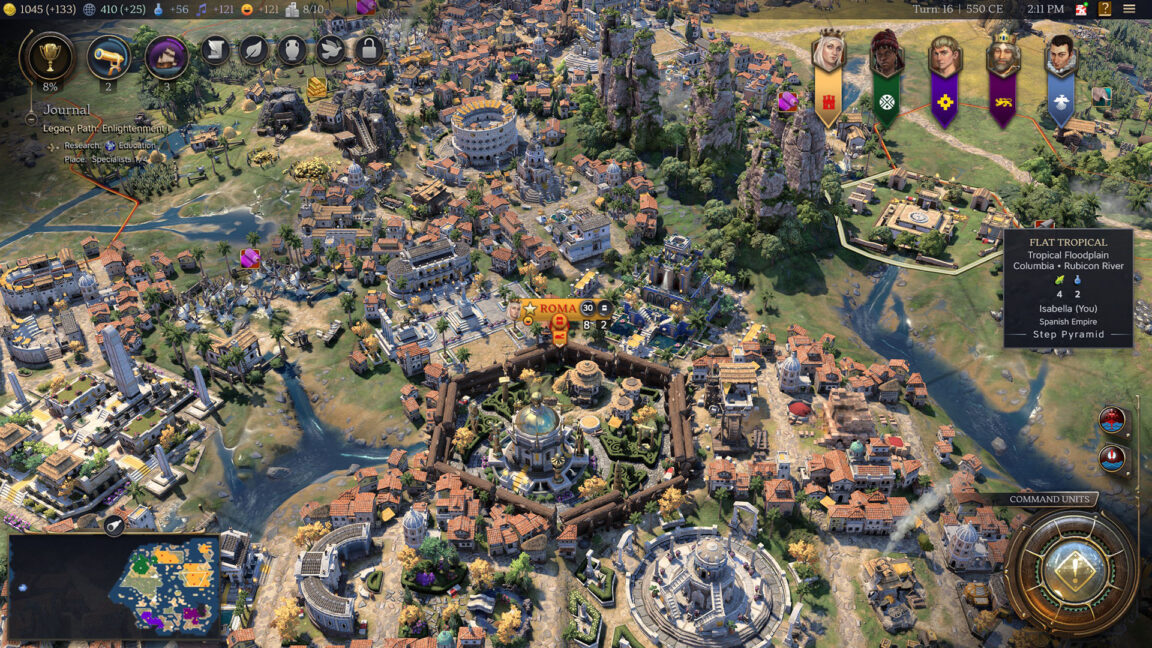


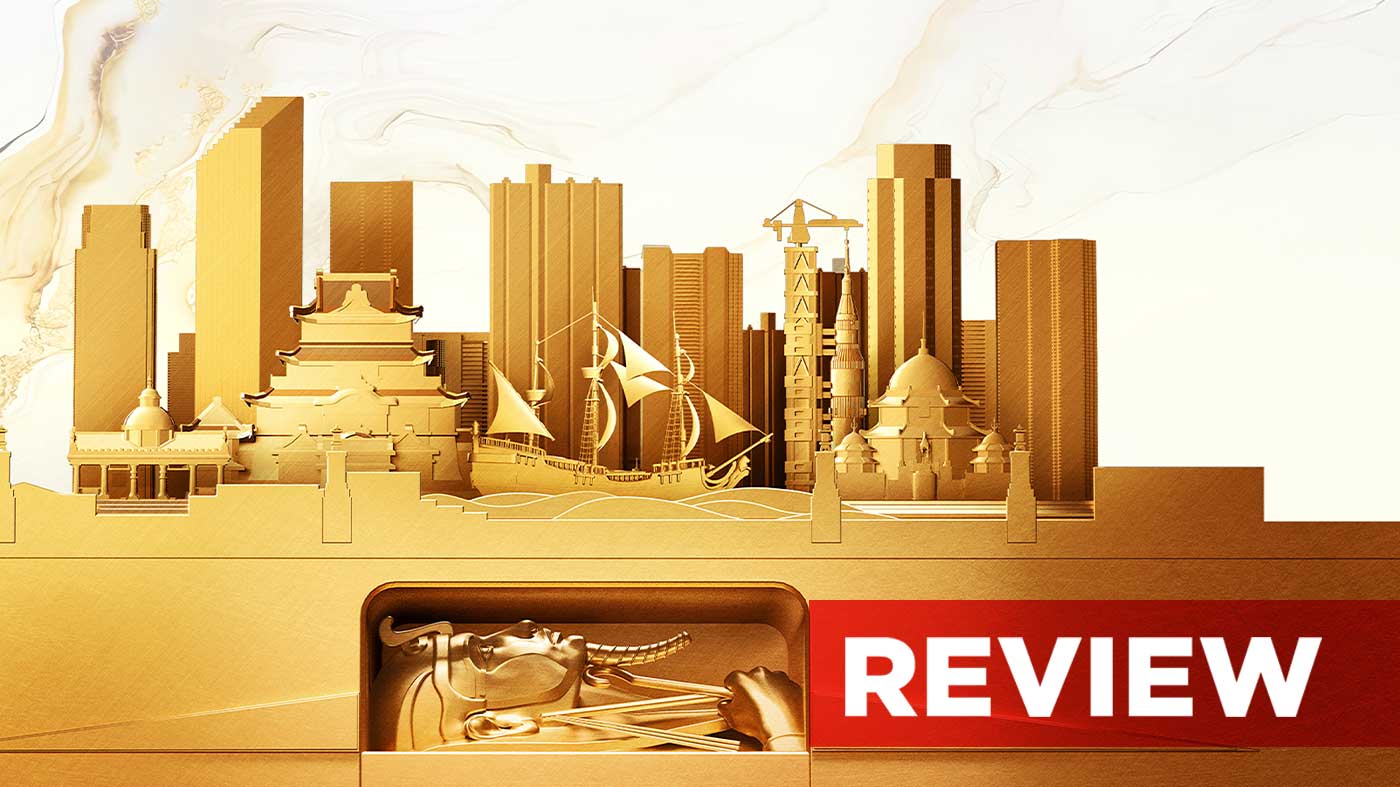
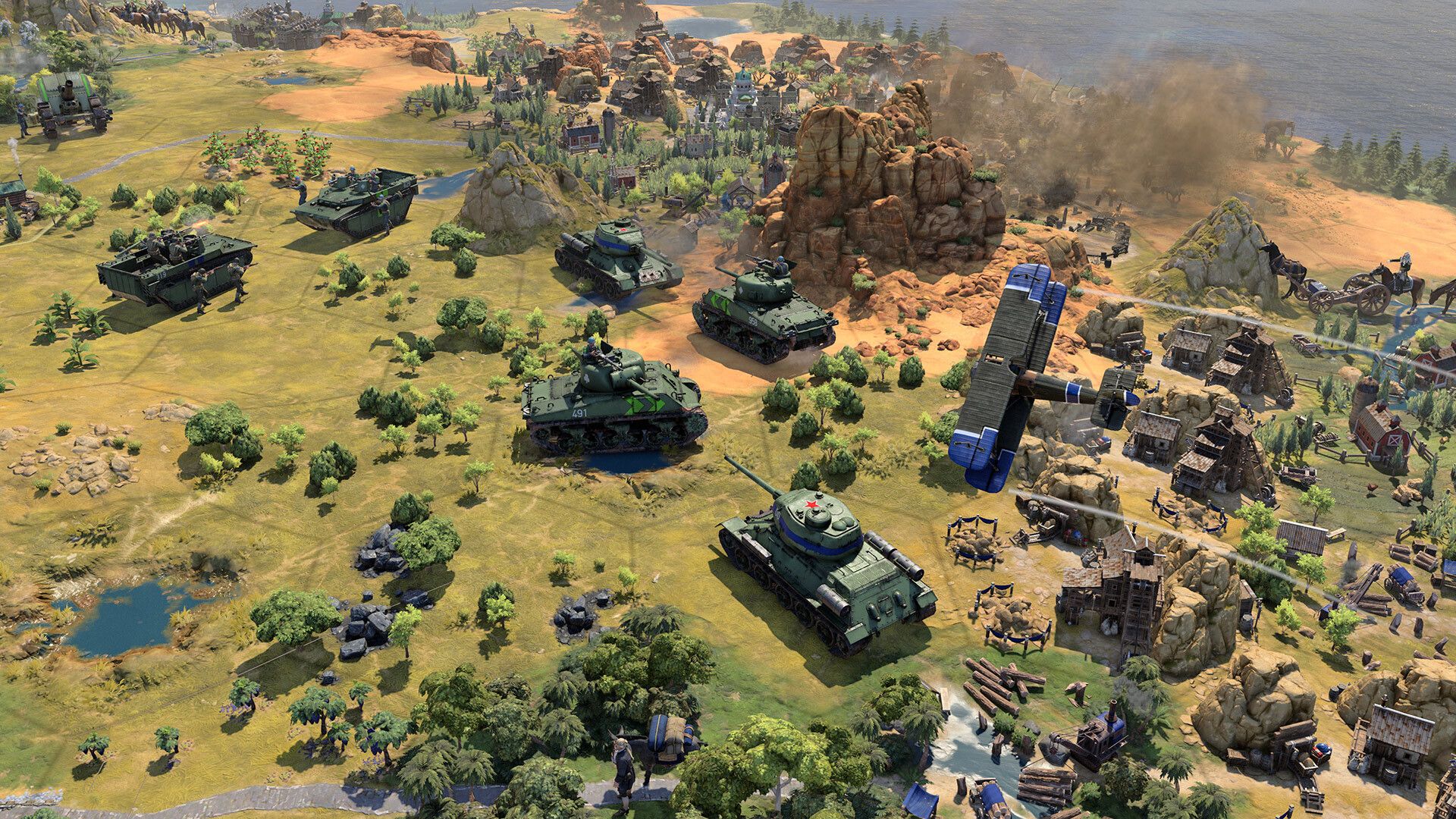



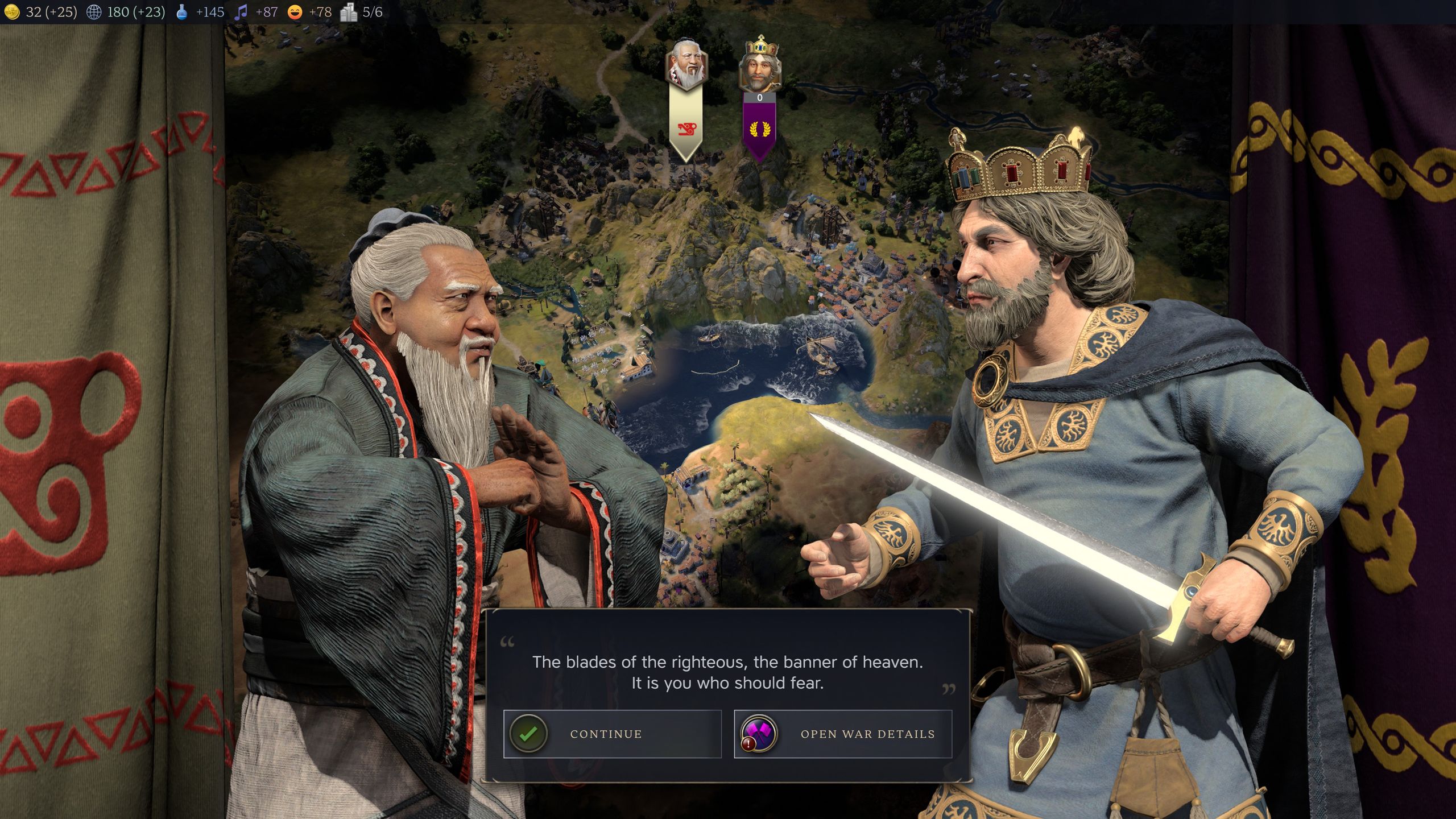

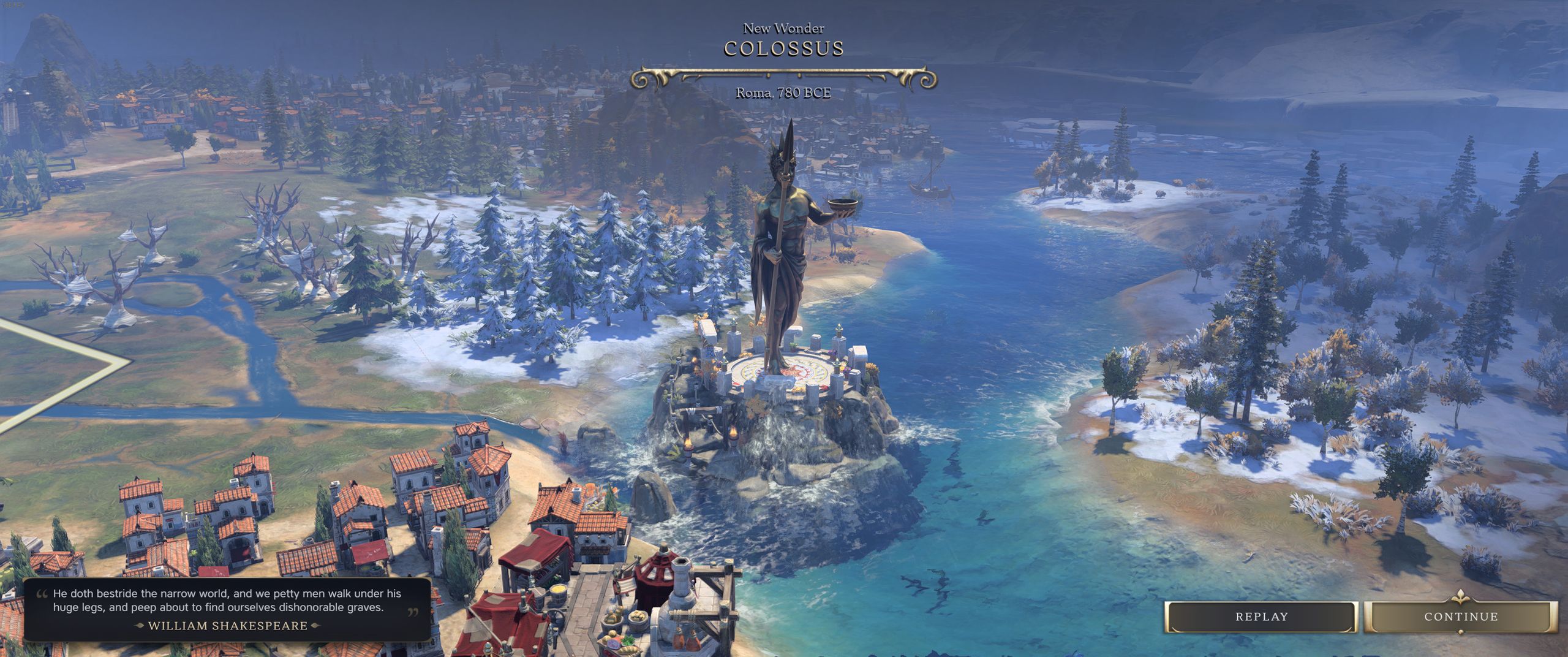

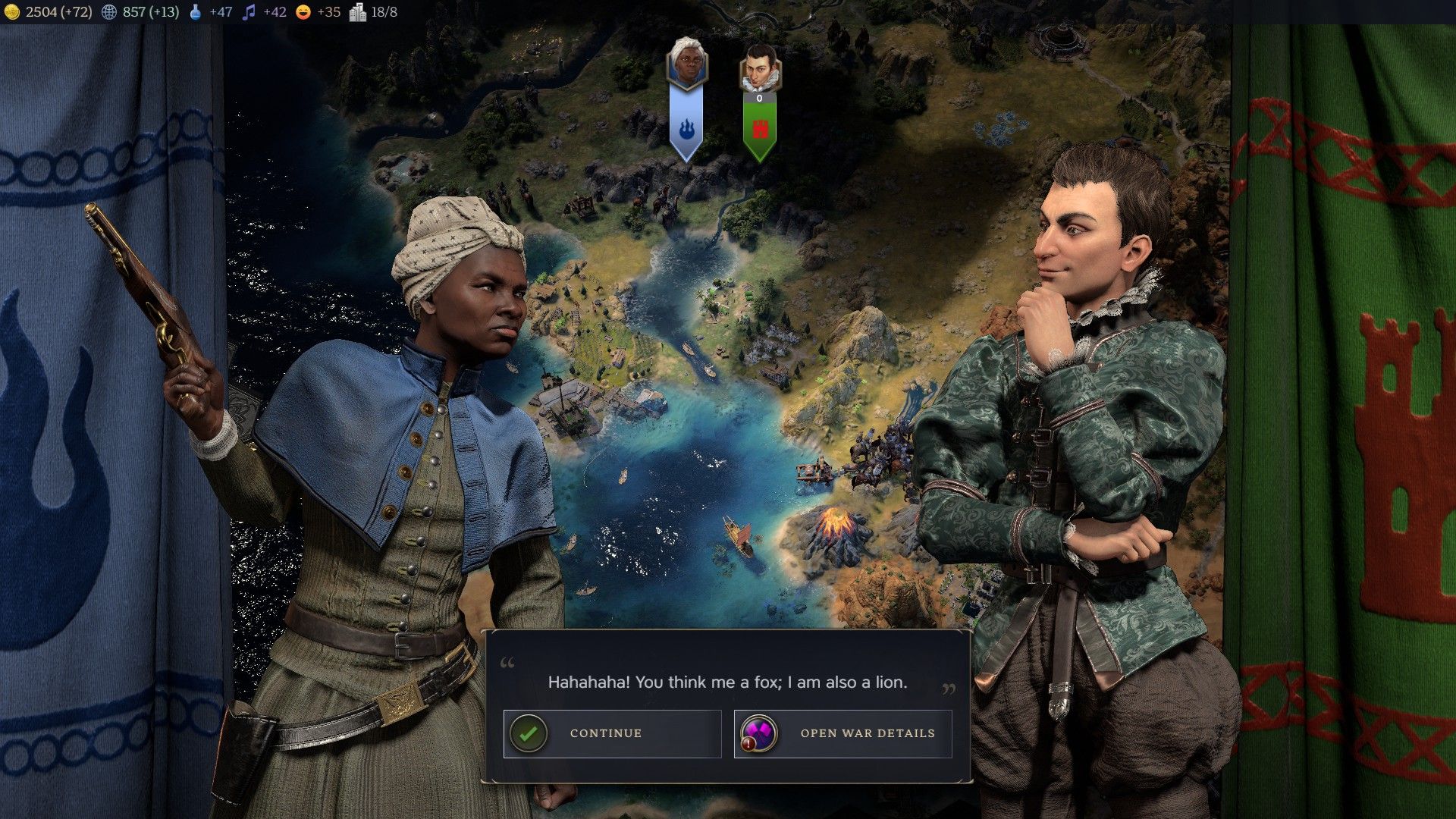


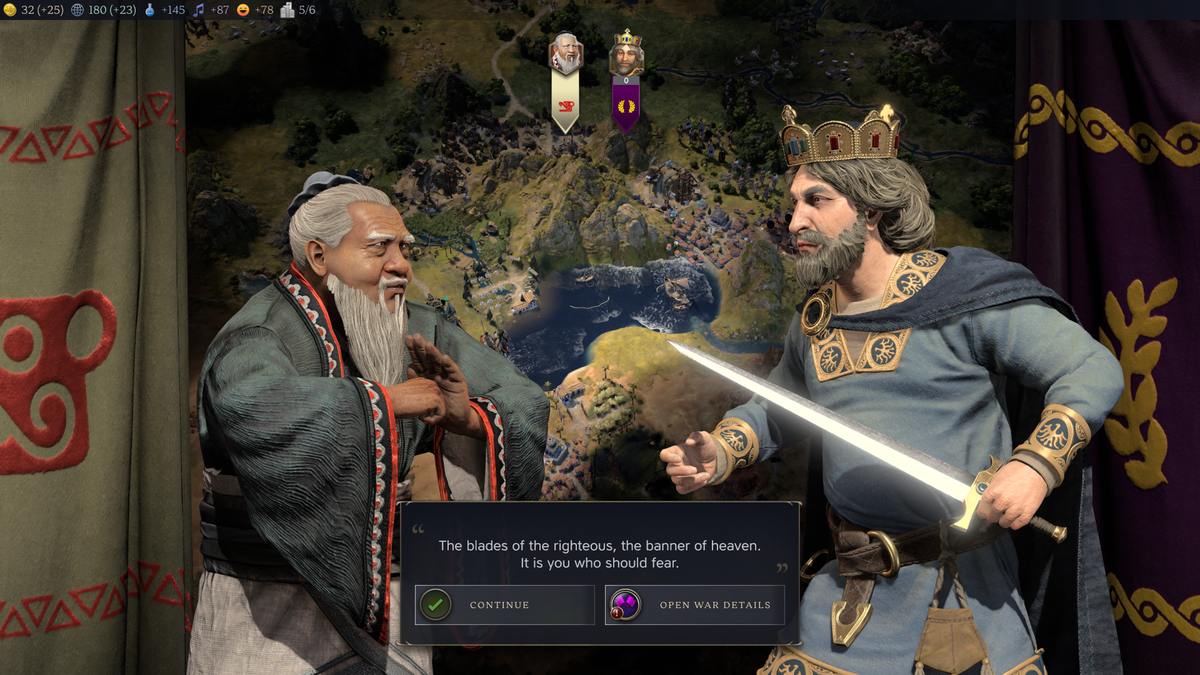
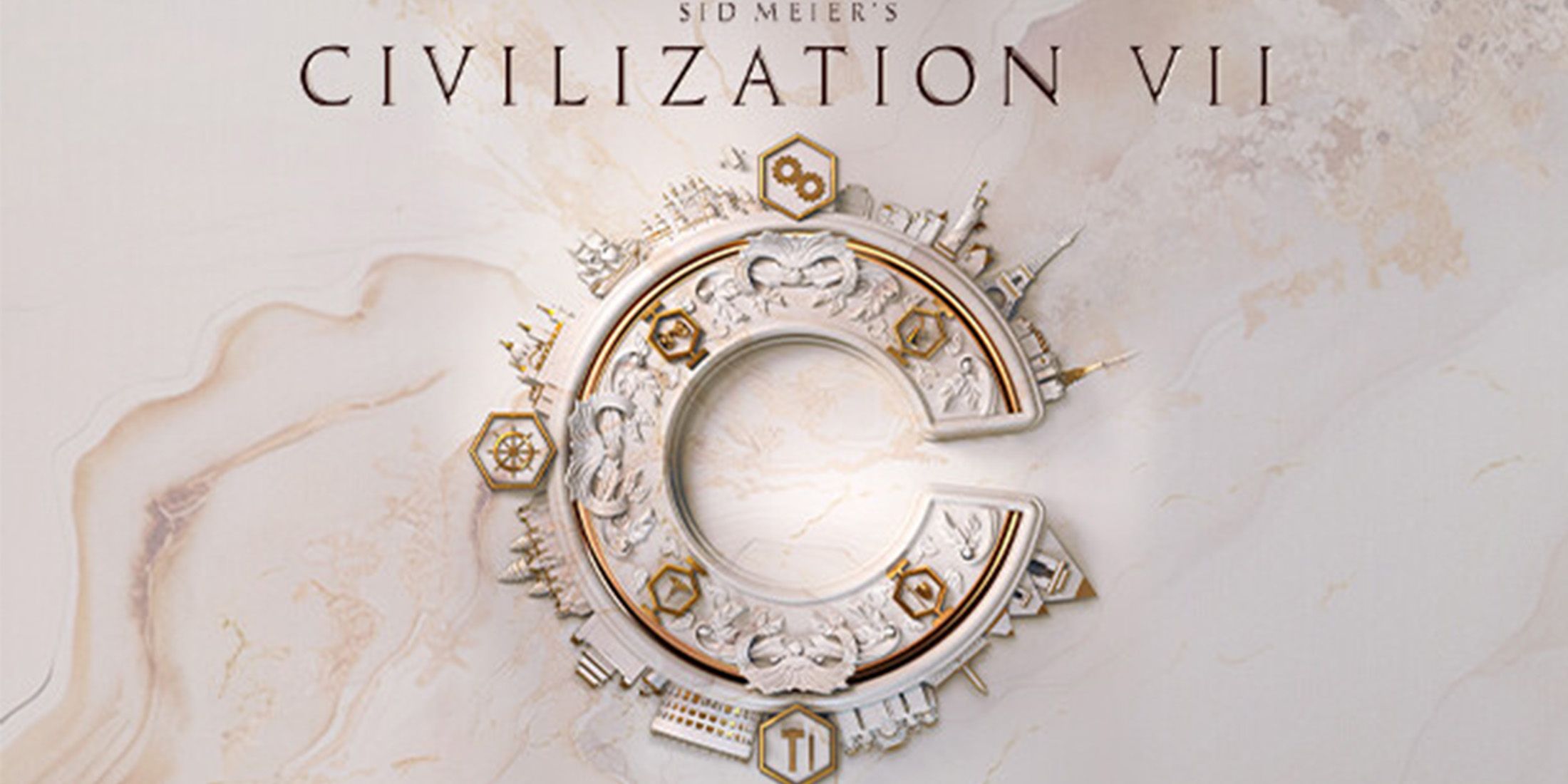



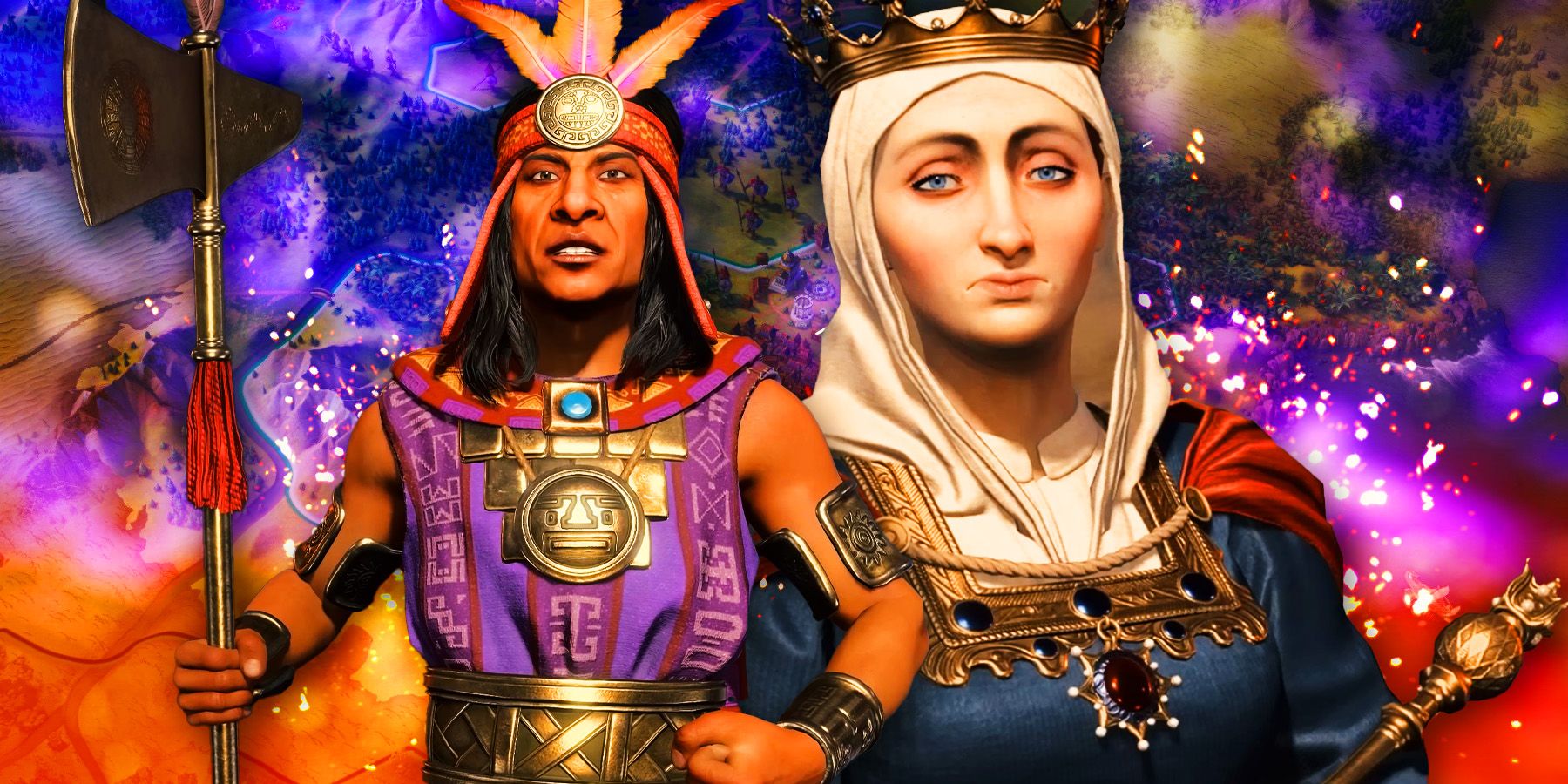
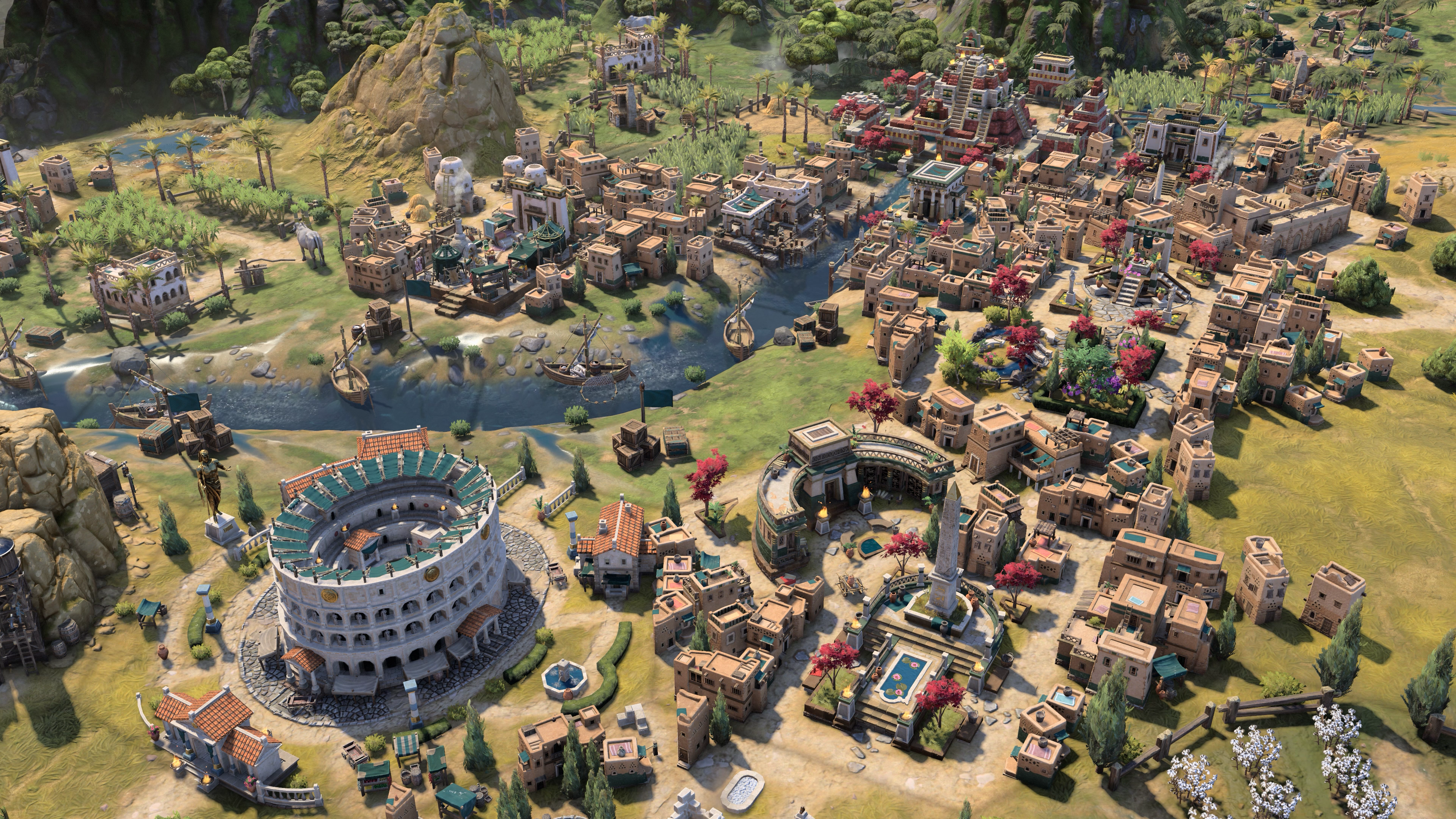


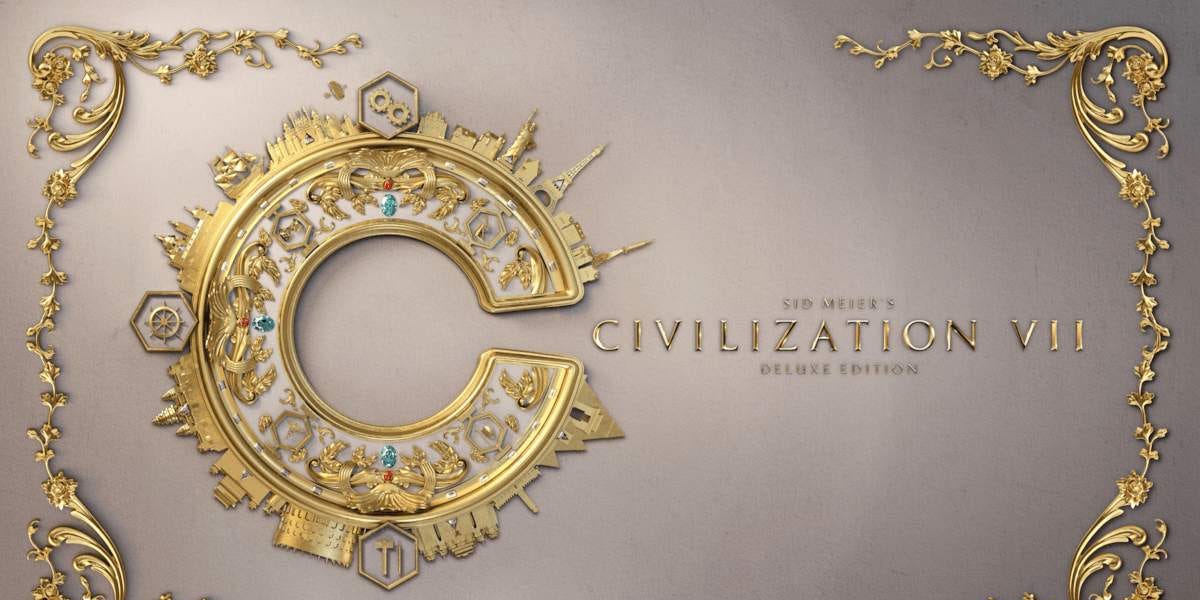

.jpg?width=1200&height=630&fit=crop&enable=upscale&auto=webp)

